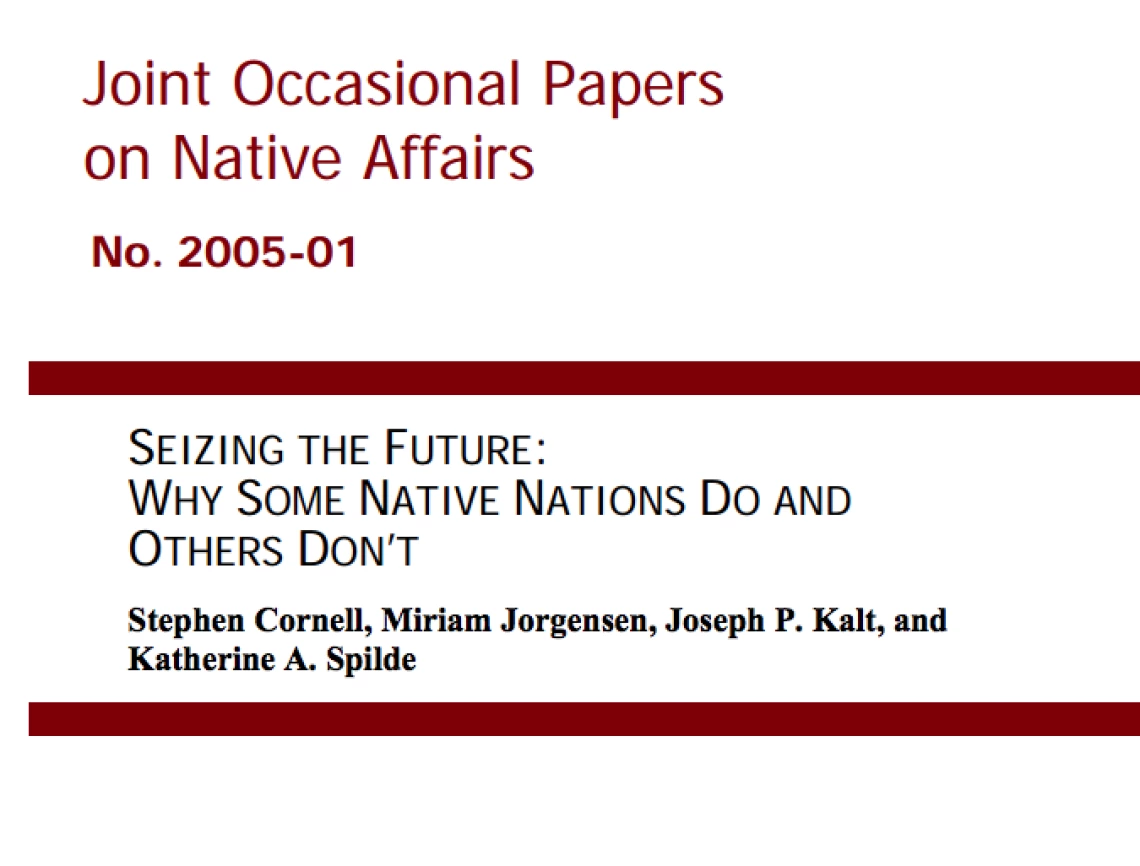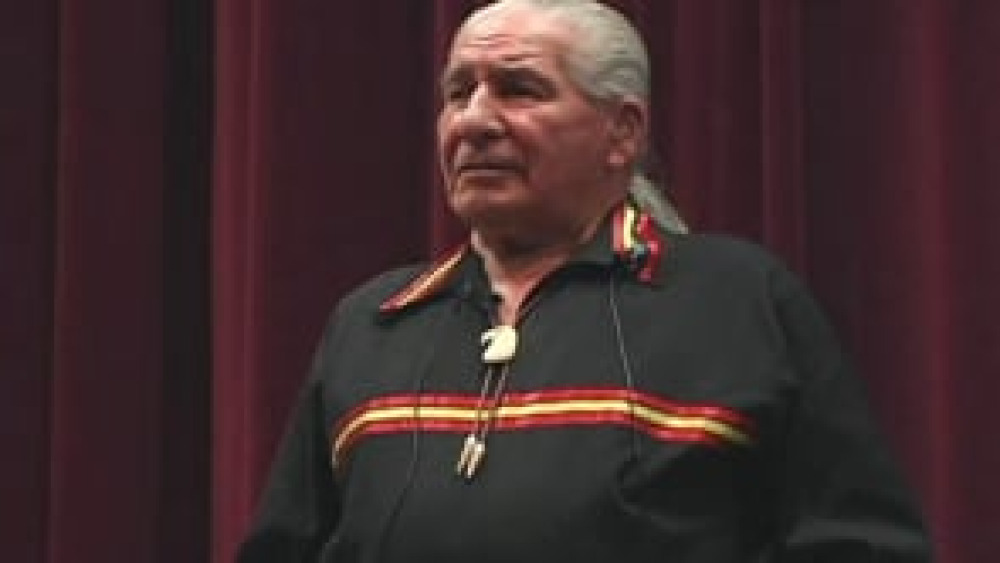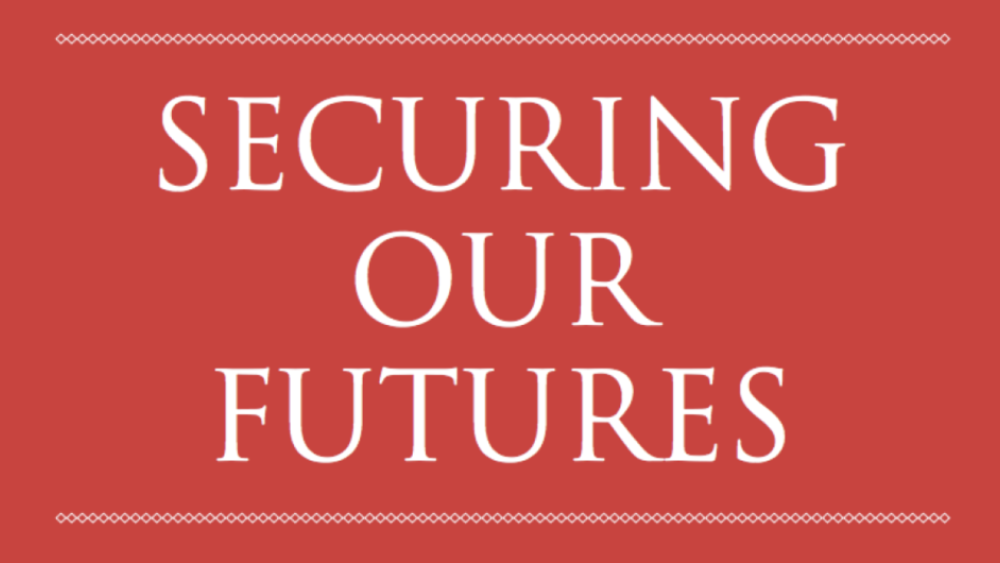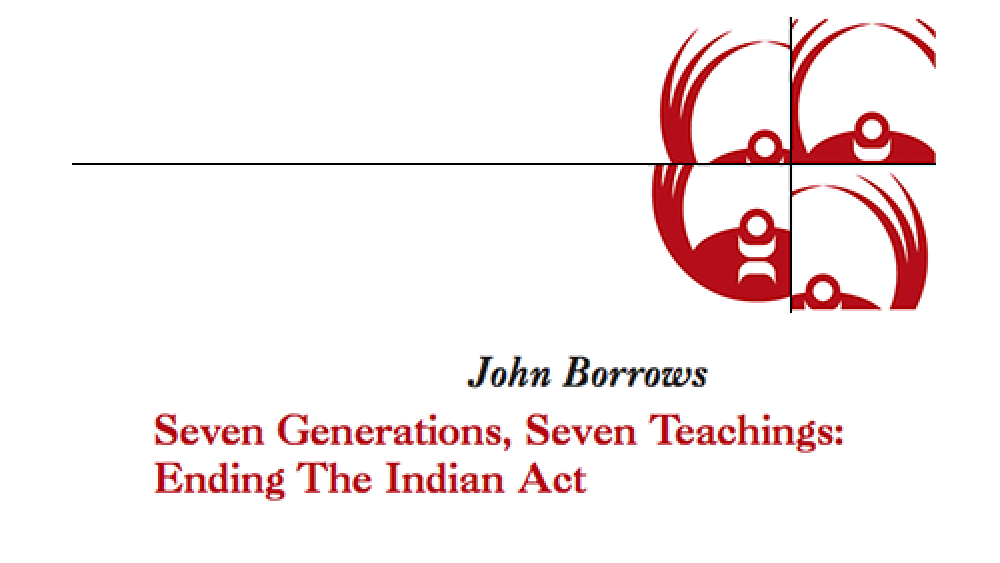Both research and the experience among Native nations daily drive home the conclusion that the so-called "nation-building" approach holds the keys to self-determined social, political, and economic development for indigenous communities. This approach emphasizes the critical role of asserting rights of self-rule and backing up those assertions with governing institutions that are legitimate in the eyes of the people and efficient in their operation. This study examines the question of why is it that some Native nations seize upon the nation building strategy and take effective control of their futures while others do not. We find that foundational change in a community arises when the external and internal conditions a people face interact with their interpretations of their situation, producing a new, shared "story" of what is possible, and how it can be achieved. The keys to changing a community's "story" are found in proactive decisions to alter internal and external situations, acquire concrete knowledge of the feasible, build on the community's cultural assets, and exercise leadership--especially in educating the people in a new vision.
Additional Information
Cornell, Stephen, Miriam Jorgensen, Joseph P. Kalt, Katherine A. Spilde. "Seizing the Future: Why Some Native Nations Do and Others Don't." Joint Occasional Papers on Native Affairs No. 2005-01. Harvard Project on American Indian Economic Development, Native Nations Institute for Leadership, Management, and Policy, The University of Arizona. Tucson, Arizona. 2005. JOPNA.




